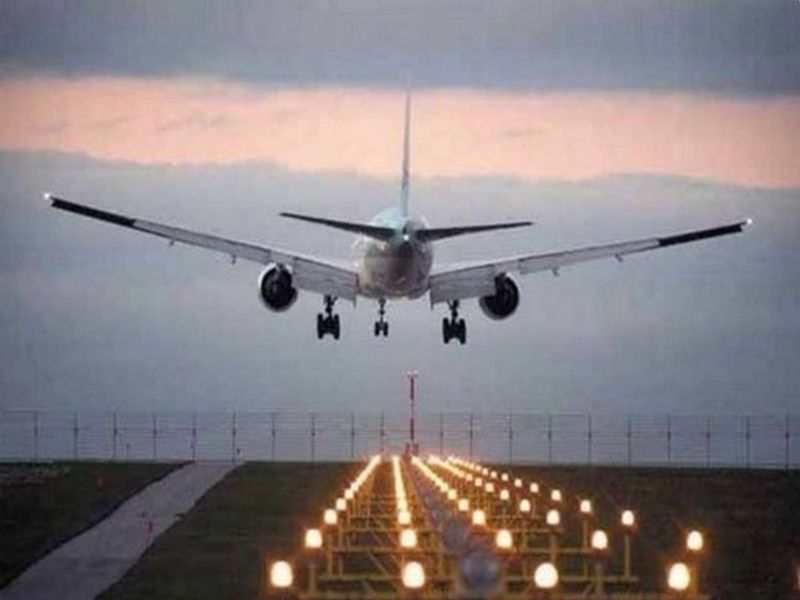Even as the Ministry of Civil Aviation claims a 6 per cent dip in reported technical glitches by airlines in 2024 compared to the previous year, deeper scrutiny reveals that the skies may not be as safe or smooth as the statistics suggest.According to a written reply tabled in Parliament by Minister of State for Civil Aviation Murlidhar Mohol, Indian airlines reported 448 technical glitches in 2023, followed by 421 in 2024. So far in 2025, as many as 183 incidents have been reported. While the figures suggest marginal improvement, aviation experts argue that such numbers alone don’t reflect the systemic gaps in airline maintenance and oversight.Behind each of these “technical snags” is often a moment of panic in the cockpit, a blinking warning, an unusual vibration, or an unexpected fault that could put hundreds of lives at risk. These malfunctions, the minister stated, are typically caused by faulty or malfunctioning components onboard the aircraft. Once identified, they are recorded in the Flight Report Book and examined by a certified aircraft maintenance engineer, with repairs carried out in line with manufacturer manuals. The aircraft is cleared for flight only after successful rectification.However, the growing number of budget carriers, increasing pressure on turnaround time, and the high frequency of short-haul flights have put immense strain on ground staff and maintenance crews. “It’s not just about the frequency of glitches, it’s about the pressure to fix them quickly,” a senior maintenance engineer from a leading private airline said on condition of anonymity.To monitor compliance, the Directorate General of Civil Aviation (DGCA) says it conducts routine surveillance, night checks, and spot inspections. Airlines found violating safety protocols are liable for warnings, suspensions, cancellations, or monetary penalties. But aviation insiders say these checks often fall short of ensuring lasting compliance.”The problem isn’t the lack of rules, but the enforcement of them. Penalties are imposed only after something goes very wrong. Proactive safety culture is still lacking,” said a former DGCA official who has overseen audits in the past.
next post


